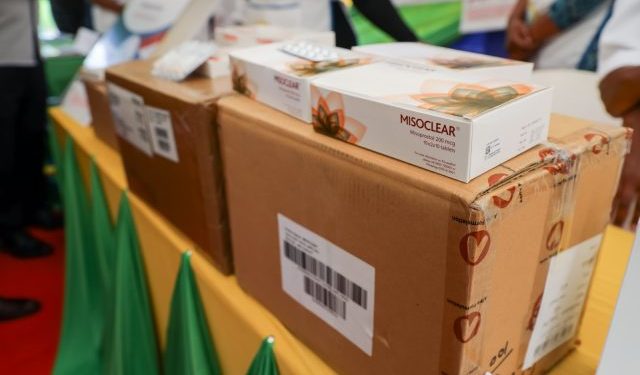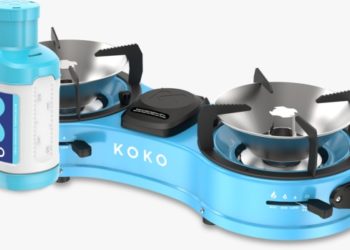The Ministry of Health has added a set of new drugs to the essential medicines list in Kenya, which hospitals are mandated to procure from. These medications are aimed at reducing maternal mortality rates during childbirth.
The medicine does not require refrigeration like Oxytocin, Kenya’s first choice for preventing and managing postpartum haemorrhage. The signed and updated Kenya Essential Medicines List now has Heat Stable Carbetocin, a medicine used for preventing excessive bleeding during and after birth; the list allows the use of the medicine at all health facilities.
Jackline Mainye, the acting Director of commercial services of Kenya Medical Supplies Agency (KEMSA) said: “In a few weeks, counties can now order the medicine from KEMSA at a fair price of KES 92 shillings per dose, a drop in price from KES 1,444 per dose”
Heat Stable Carbetocin was accessible in Kenya through the private sector, but its cost was too high for many public health facilities to afford. KEMSA is in the process of procuring the medicine, and the first batch of the medicine is expected in the country in March 2024.
The list has also included tranexamic acid, a medicine invented in the 1950s but was shown to reduce maternal bleeding by a third if given within three hours, according to a study that investigated the medication’s efficiency in over 20,000 women in 21 countries.
Speaking at the Kenya Obstetrical Gynaecological Society (KOGS), Makueni County Governor Mutula Kilonzo said that he has already “allocated resources to mitigate excessive bleeding after birth through introducing innovations that are backed up by research in Makueni County.” The government used the county as a pilot for how the medication works.
The World Health Organization (WHO) reports that a woman loses her life due to pregnancy or childbirth-related complications every two minutes, resulting in 287,000 maternal deaths globally in 2020. Among these fatalities, 70,000 were attributed to post-partum haemorrhage, with the death of the mother increasing the risks of their babies dying within one month.


















